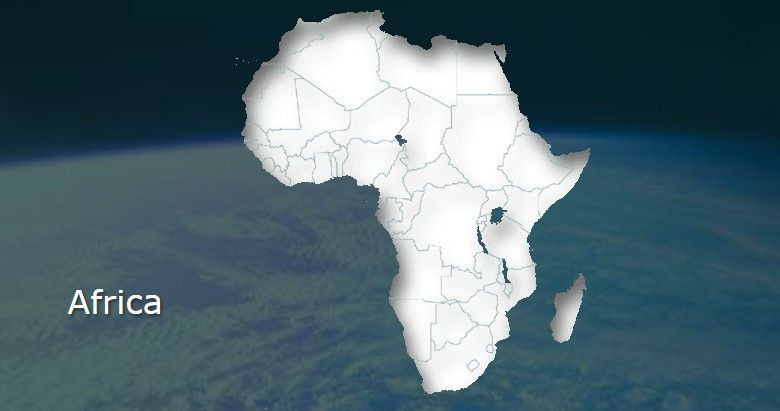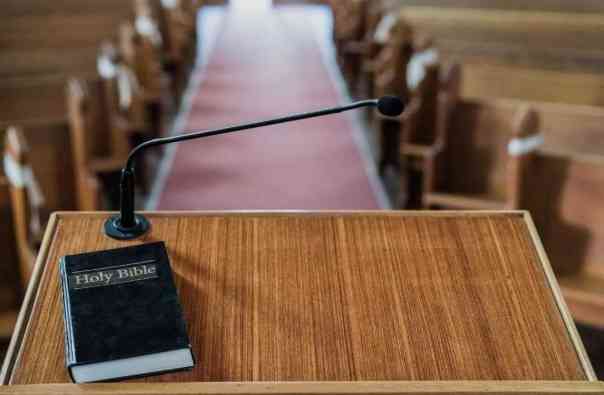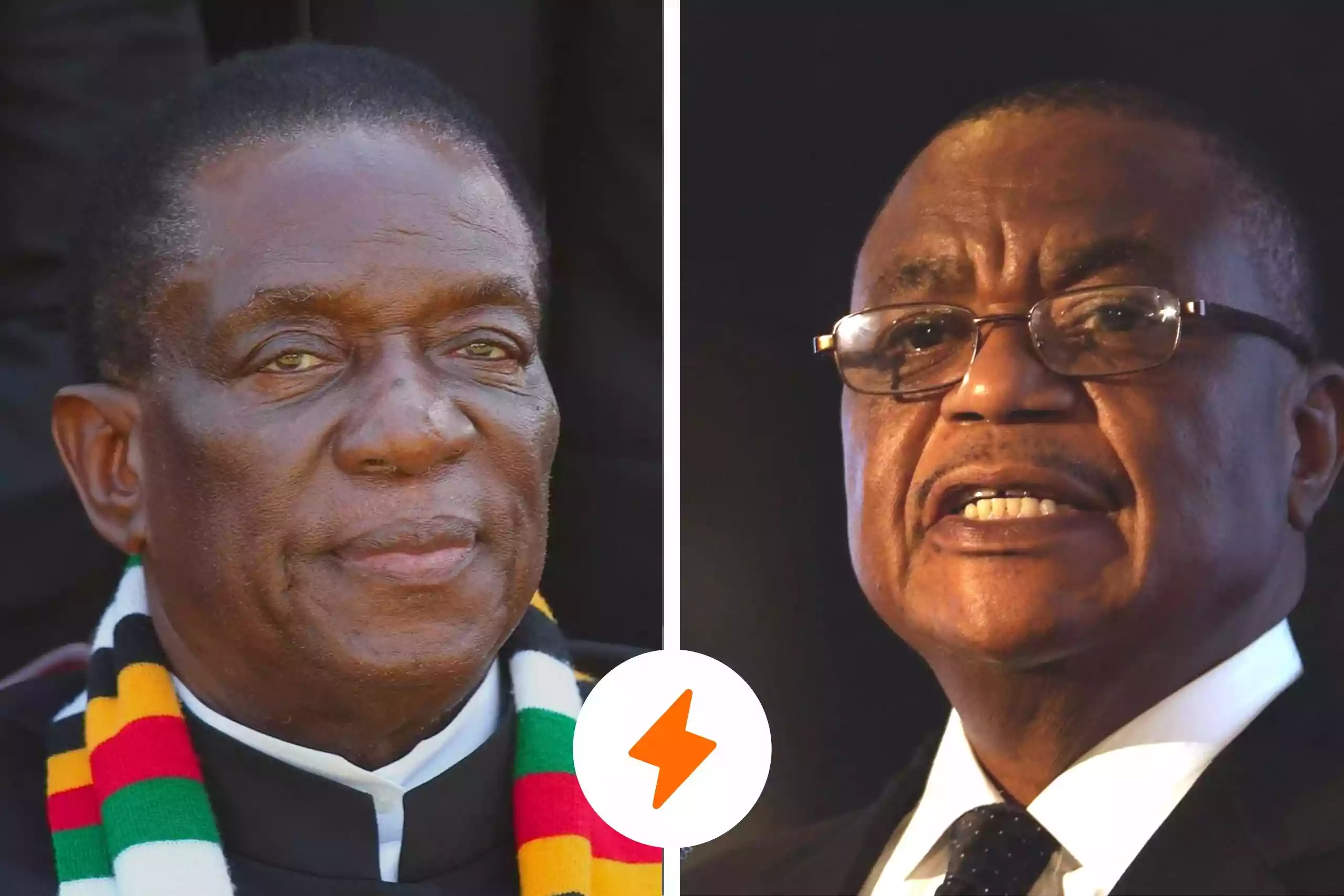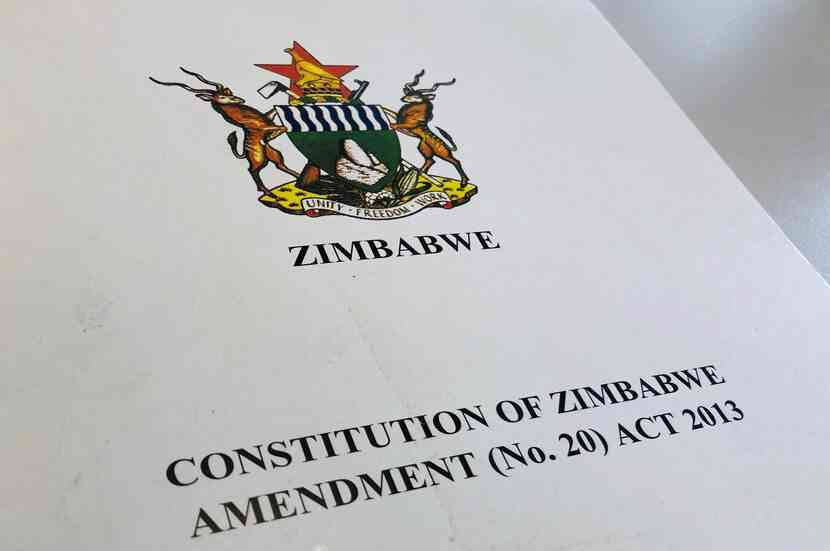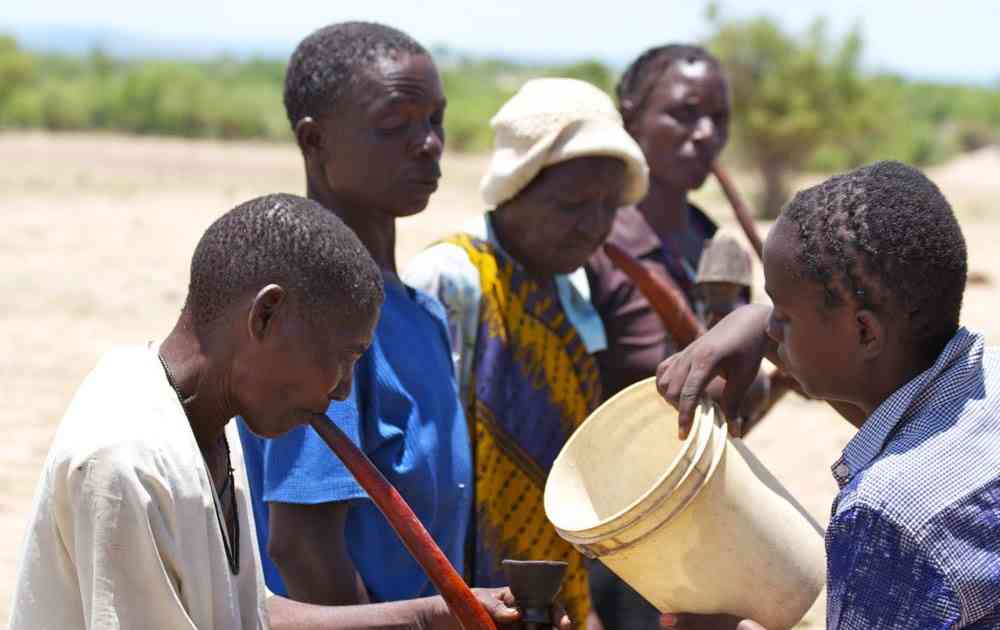
THIS week we released our 2022 Impact Report, which captures how our work at ZimRights is shifting power in the communities and increasing access to human rights for the people.
This is the first Impact Report that we are releasing since the launch of our shifting power to the people strategy.
Here we reflect on one of the areas of our work, which is minority rights protection.
We reflect on the three years that we have worked with the BaTonga community in Siakobvu to respond to the massive marginalisation that they are facing in independent Zimbabwe.
Out of many issues we are working on, we reflect on access to electricity as a human right for the Mola community.
When we speak about human rights, for many it may sound like a buzz word until it touches us.
Now, imagine how electricity has transformed our world today. Then imagine life without it. Without electricity, daily tasks are nearly impossible. Tasks like refrigerating food, working, and studying.
Lack of electricity restricts the development of many communities.
- Chamisa under fire over US$120K donation
- Mavhunga puts DeMbare into Chibuku quarterfinals
- Pension funds bet on Cabora Bassa oilfields
- Councils defy govt fire tender directive
Keep Reading
According to Hughes M (2018), access to electricity reduces poverty, increases opportunity, and improves health, productivity and living standards.
“Electricity powers devices that make daily living more efficient, freeing-up the populations time to grow the economy in other more creative ways,” Hughes writes in the article Why Access to Energy Should be a Basic Human Right.
For Zimbabwe, this great leap forward into the electricity age was made possible by the construction of the Kariba Dam, which was completed in 1959 at a massive cost.
The greatest of this cost was the human cost; the displacement of the BaTonga people from their ancestral land and being resettled in an area that has not known electricity until June 2023.
The BaTonga people of Mola were giving development a chance when they agreed to be relocated.
Paradoxically, the BaTonga of Mola stay a stone throw away from the Lake Kariba yet, for 64 years, they have never known electricity despite electricity pylons passing over their homesteads.
The BaTonga elders in Mola bitterly recall how they were promised heaven on earth – by the then colonial government — if they were to make way for Lake Kariba.
Electricity, unfettered access to fisheries in the lake, royalties from safari operations were some of the promises that were given to the people.
Some 64 years later, the people in Mola had no access to electricity and hopes were fading that it would come any time soon.
In 2021, Mola community approached ZimRights to assist in terms of advocating for access to basic socio -economic services like electricity, better roads, and education facilities among others.
Speaking to ZimRights, one community members remarked how bitter they were as a community.
“We see pylons carrying electricity to places as far flung as Chiredzi,” the villager said.
“The electricity is coming from the Lake, which contains the remains of our forefathers and part of our cultural heritage, yet we are living in darkness — it pains us.”
After initial engagement with the community, ZimRights instituted a series of advocacy campaigns to sensitise the Mola community of their rights and to galvanise them into becoming proactive in terms of civic engagement.
From 2021,two human rights workshops, on eduty bearer engagement, as well as two civic engagements and one training of human rights watchdog committee were instituted.
In 2021, ZimRights helped formulate and register the Mola Residents Forum, which went on to become a vehicle for advocacy in the area. In the same year, the resident’s forum, with legal support from ZimRights, litigated against the lack of development in the area.
Several entities were cited in the litigation process, and these include several government departments, such as the Ministry of Energy and Power Development.
“Our belief is that it is totally repugnant and especially exclusionary for an entire district, one which is a producer of hydroelectric power, to go for years without electricity, the production of which has permanently and so far, negatively altered our lives,” the Mola Residents Forum memberssaid in the court papers.
On June 8 2023, their efforts paid off when the Minister of Energy and Power Development, Zhemu Soda, officially switched on electricity at Mola High School — bringing electricity to the community for the first time in 64 years.
Commenting on the sidelines of the switching on ceremony — Mr. Chamboko, the secretary of Mola Residents Forum said they were happy as a community that they can now access electricity.
Further, he said it was encouraging that the fruit of their advocacy was bearing fruit and that they would continue pushing for access to other services like fishing claims, better roads, improved communication and education in the area.
Electricity is not a luxury but a basic need in modern life. It is key to leading a dignified life. With electricity, the Mola community will have improved standard of living, improved access to the right to education, the right to health, and the right to decent livelihoods.
There is a growing global movement to consider electricity access as a human right.
Electricity access is already well established within the framework of human rights, either as an implicit attribute of a pre-existing right, such as non-discrimination or sustainable development.
In a special report on Lebanon, Human Rights Watch (HRW) has concluded that access to electricity is critical to ensuring other basic rights, including but not limited to the rights to health, housing, water, and education, and should be recognised as a distinct human right.
Section 13 of the Constitution of Zimbabwe obliges the state to facilitate rapid and equitable development.
It further obliges the state to ensure that local communities benefit from resources in their areas.
While the switching on of electricity in Mola is a milestone, more still needs to be done for the community.
The ZimRights experience with community gives hope that their determination will yield more results.
- Bere and Magwada work for the Zimbabwe Human Rights Association. — www.zimrights.org.zw OR [email protected]

